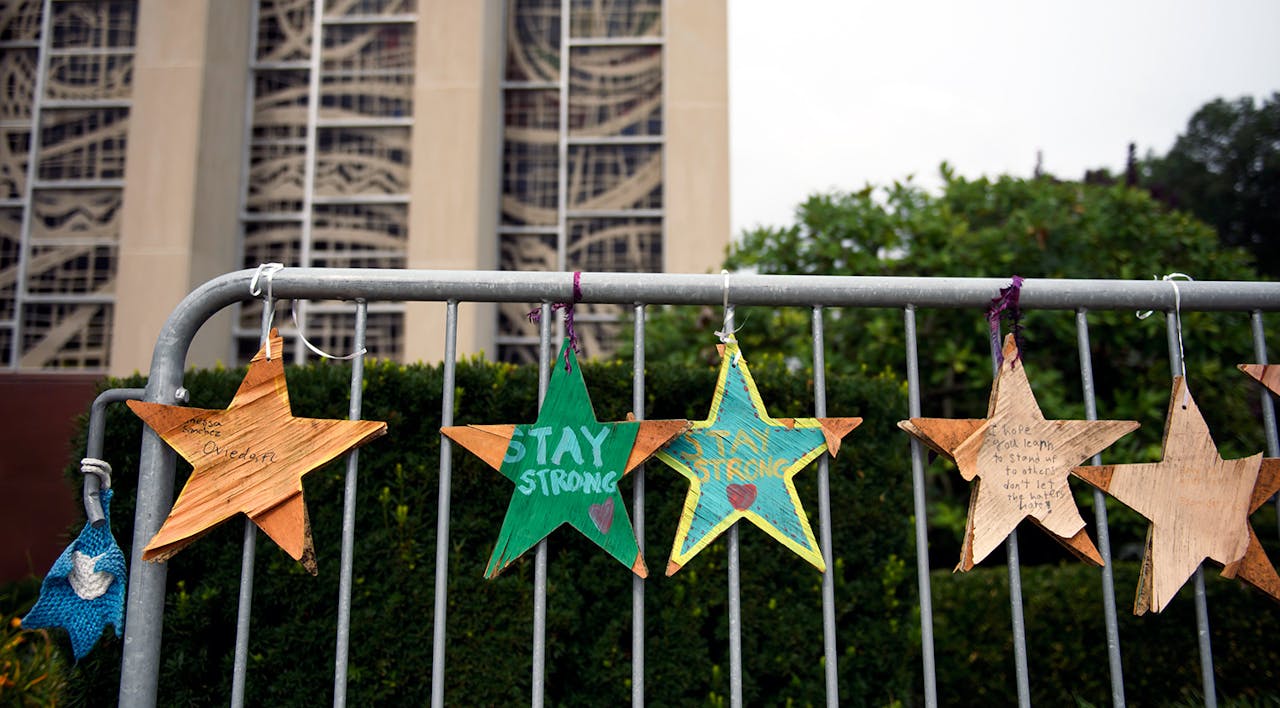
October 2020
How America’s Idealism Drained Its Jews of Their Resilience
In Israel and in traditional communities, life and liturgy don't run away from hardship. Most American Jews prefer to think on the brighter side, but that comes at a high cost.
On August 9, 2001, in the worst days of the second intifada, a Palestinian suicide bomber detonated his explosive belt in a crowded downtown Jerusalem location of the international pizza chain Sbarro, killing fifteen people and wounding more than 130. The restaurant itself was entirely destroyed. Two months later, after construction crews worked around the clock to rebuild the facility, Sbarro reopened as a “stand against terrorism.” Some of the patrons who had been at the restaurant at the time of the attack returned on the day of the reopening to the very tables at which they had been sitting.
Some two years later, with the intifada still dragging on, another suicide bomber attacked Maxim’s restaurant in Haifa. Twenty-one Israelis were killed in the attack, and another 51 were injured; the interior of the restaurant was shredded to pieces. Yet two months later, the reconstructed restaurant likewise reopened to throngs eager to enter and to make a statement.
Less than a year ago, on Saturday night, December 29, 2019, a man with a machete attacked the Monsey home of the ḥasidic rabbi Chaim Rottenberg, where a Hanukkah candle-lighting celebration with almost 100 people in attendance was under way. A number of those present were injured, including two who were taken to the hospital in critical condition. One subsequently died. Almost immediately after the attack, once the injured had been cared for, the rabbi reconvened with his followers in the synagogue next door. One of the men present filmed and tweeted a video clip of their joyous singing (in Hebrew) of the verse, “The Lord’s kindness has not ended, for His mercies are not exhausted” (Lamentations 3:22), which resounded just moments after they had exited the rabbi’s blood-soaked home.
Responses to October ’s Essay

October 2020
The Problem of (Jewish) Positive Thinking
By Tara Isabella Burton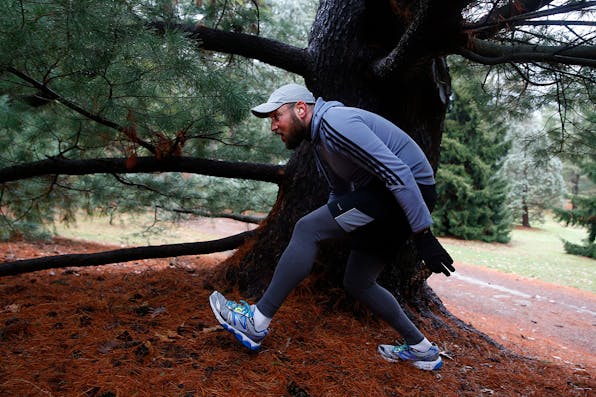
October 2020
Liberal Judaism Is Dedicated to Identity Formation, Not a Religious Worldview
By John Moscowitz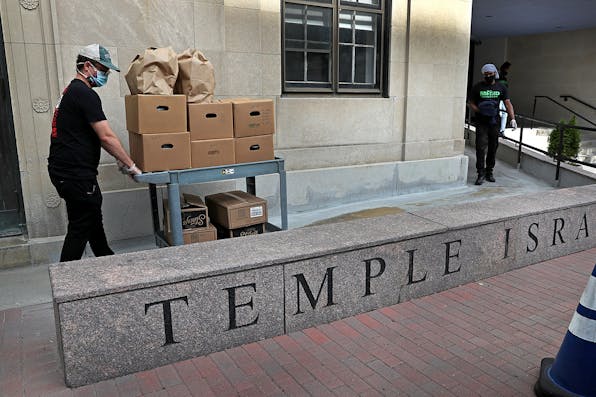
October 2020
Daniel Gordis’s Hapless Americans Aren’t Quite so Hapless
By Shalom Carmy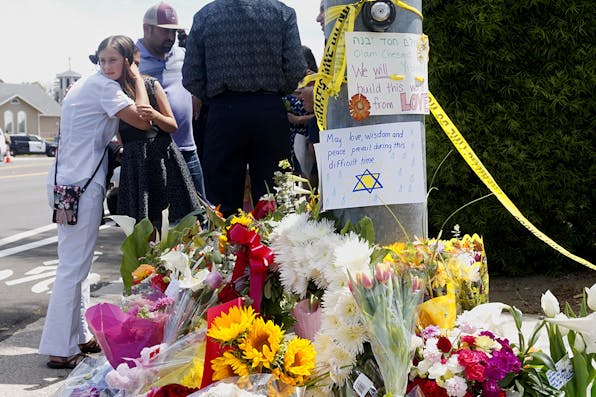
October 2020
Young American Jews Still Hunger for Meaning
By Bari Weiss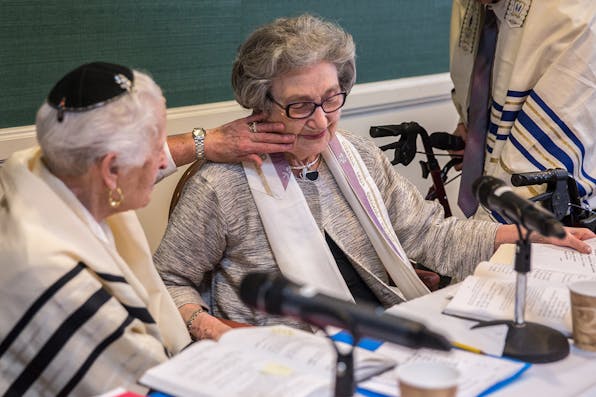
October 2020
Judaism Without Theology?
By Dr. Daniel Gordis